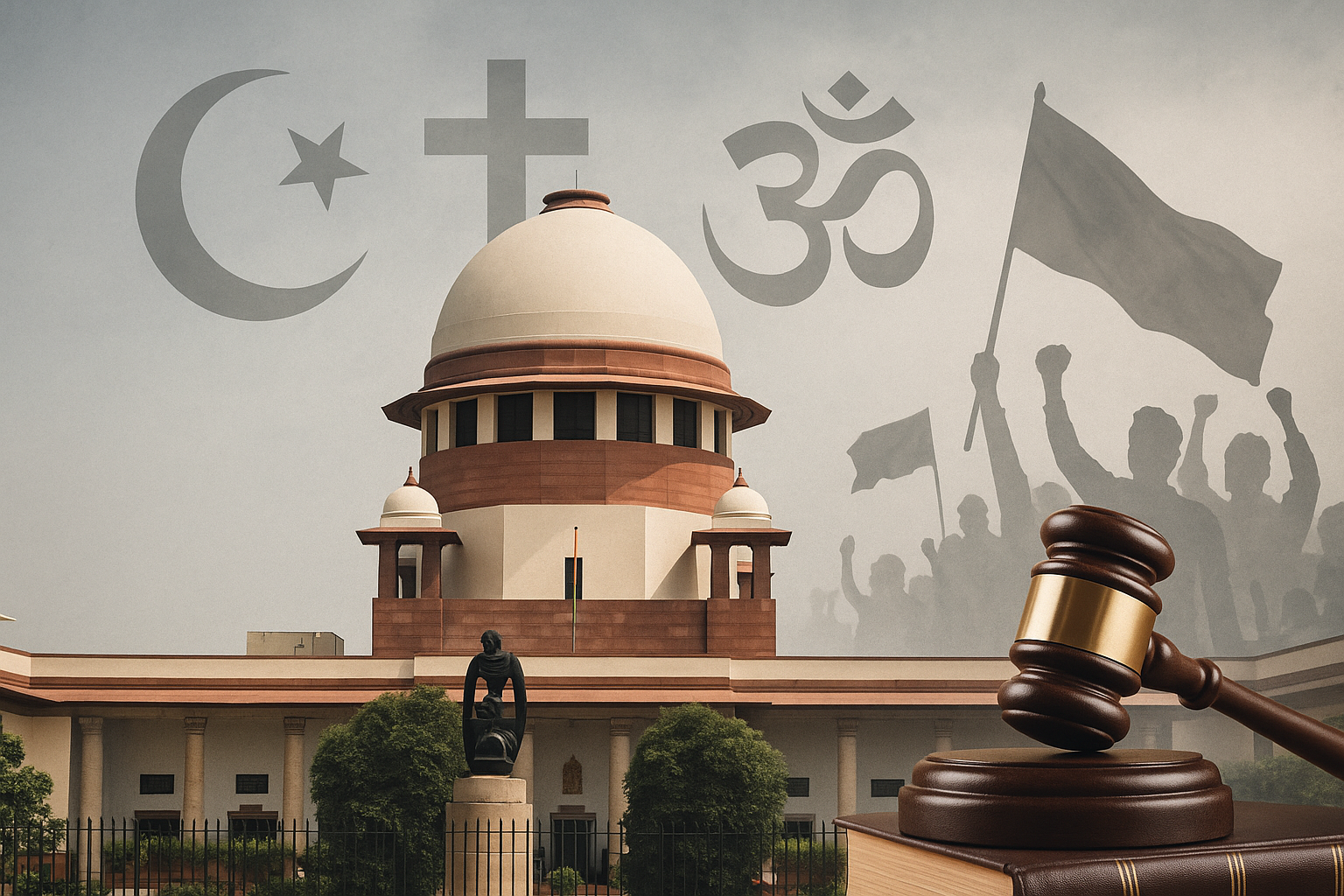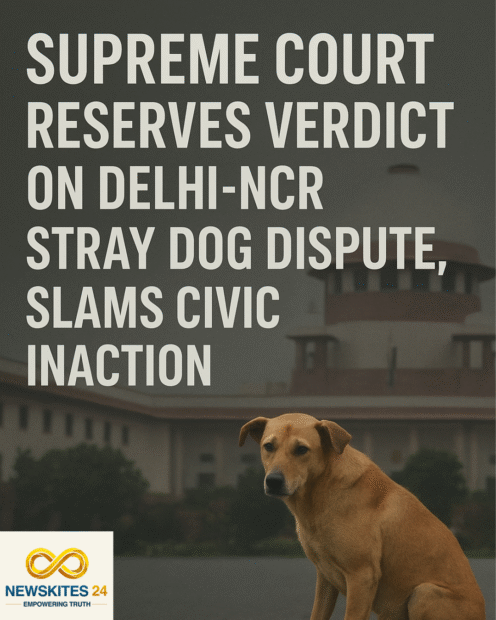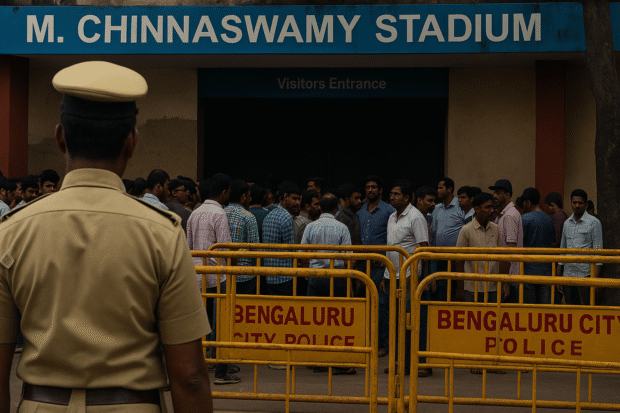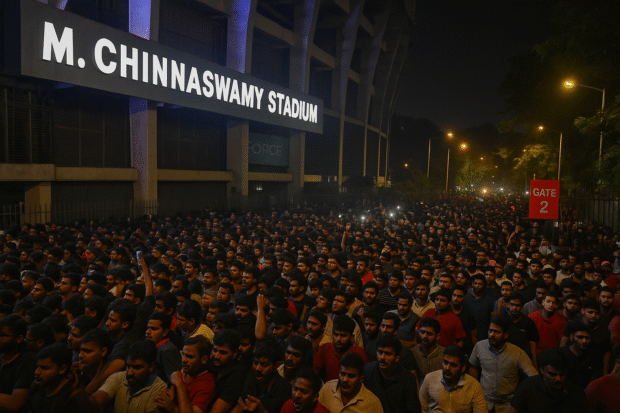
Introduction
In a significant legal development, the Supreme Court of India is currently reviewing the Waqf (Amendment) Act, 2025, raising questions about its constitutional validity. This landmark legislation, introduced to reform the management of waqf properties in India, has triggered widespread legal debates and public protests.
Understanding the Waqf (Amendment) Act, 2025
The Waqf (Amendment) Act, 2025, introduced by the Ministry of Minority Affairs, proposes a new framework for governing waqf properties—Muslim endowments made for religious, charitable, or educational purposes. Key provisions of the Act include:
-
Abolition of ‘Waqf by User’:
Previously, long-term use of property for religious purposes could establish it as waqf, even without documentation. The amendment mandates registered waqf deeds, eliminating recognition based on historical usage. -
Reconstitution of Waqf Boards:
At least two Muslim women must now be included in both Central and State Waqf Boards, encouraging gender inclusivity. -
Sect Representation:
The Act ensures fair representation from sects like Shia, Sunni, Bohra, and Agakhani communities in Waqf Boards. -
Separate Boards for Specific Sects:
It allows for dedicated Boards of Auqaf for the Bohra and Aghakhani communities. -
Centralized Waqf Portal:
A new online portal for registration, auditing, and financial records aims to enhance transparency and accountability. -
Appeal to High Courts:
Legal decisions from Waqf tribunals can now be appealed in High Courts within 90 days, expanding legal recourse.
Supreme Court’s Interim Observations on the Waqf Act
During the hearings on multiple petitions challenging the Waqf Act, the Supreme Court expressed concerns over specific provisions:
-
Registered Deeds for Historical Waqf Properties:
Chief Justice Sanjiv Khanna questioned the practicality of demanding documentation for properties used as religious sites since the 14th or 15th century. -
Non-Muslim Inclusion in Waqf Boards:
The court asked whether including non-Muslim members in Waqf Boards is legally and culturally comparable to Hindu religious trusts. -
Possible Interim Orders:
The court considered issuing a three-point interim order to preserve the status quo:-
No de-notification of properties recognized as waqf by user.
-
Restricting Board membership to Muslims only (except ex-officio roles).
-
Maintenance of existing religious usage.
-
Public Response and Protests Across India
The Act has led to massive protests in parts of the country. In Murshidabad (West Bengal) and Unakoti (Tripura), demonstrations escalated into violence, causing casualties and injuries.
Protesters claim:
-
The removal of the ‘waqf by user’ provision endangers many historical mosques and religious properties.
-
The Act undermines centuries-old Muslim practices and property rights.
Government’s Stand on the Waqf (Amendment) Act
The central government has defended the Waqf Act 2025 as a progressive reform. It maintains that:
-
The law promotes transparency and accountability in waqf management.
-
It prevents misuse and improves the efficiency of religious endowment governance.
-
The inclusion of women and sects is a step toward inclusivity and modernization.
Legal Challenges and Implications
The Supreme Court’s final ruling will shape the future of waqf property governance in India. Key implications include:
-
Establishing clear criteria for property recognition.
-
Setting a precedent for sectarian representation in religious boards.
-
Influencing how religious rights and constitutional provisions are interpreted.
Conclusion
The Supreme Court’s scrutiny of the Waqf (Amendment) Act, 2025 highlights the intricate balance between religious freedom, historical tradition, and modern governance. As deliberations continue, the outcome will likely redefine religious property laws in a diverse and pluralistic nation like India.
Read More: Mehul Choksi: The Fugitive Billionaire and His Ongoing Legal Battle

















Be the first to leave a comment